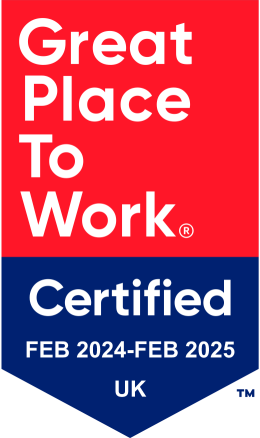18 May 2020 | News
15below Chief appeals for unity to drive the travel industry’s recovery
18 May 2020 | News
15below Chief appeals for unity to drive the travel industry’s recovery
Press release
Nicholas Key, CEO at travel technology firm 15below has put out a plea to the aviation industry to come together to tackle what he believes to be the greatest barrier to recovery – passenger confidence.
Key founded software development firm 15below in 2000 to enable travel companies to keep their passengers informed and empowered during acts of disruption. 20 years on, the 15below platform has been used more than ever, with more than 50 airlines including Ryanair, British Airways and Cathay Pacific processing and sending 157 million schedule change, cancellation, and refund notifications in the last four months alone.
Seeing the number of different measures and protocols airlines are adopting encouraged Key to speak out about his concerns, saying: “The key to driving recovery is passenger confidence, and if handled wrong, complex rules and processes will severely damage any trust the passenger has and hamper the recovery of the industry.”
In an article by the CEO on the travel-tech company’s website, Key outlines the need for the industry to pull together to understand the concerns of travellers post-COVID-19 and, “understand the psychology of the passenger to address these potential stress points and build confidence to fly.” Key continues, “Not only this, the challenge will be to tailor this amongst the myriad of cultures, ages and personas we need to include if we are to build the passenger numbers back again.”
His article covers 5 steps that all airlines must take to build trust in the industry and encourage travel once the crisis has ended. These include, using abandoned cart technology and hyper-personalised marketing to reassure passengers, taking advantage of self-serve technology to allow the seamless, straightforward passing of information from the passenger to the airline, and vital communications that will prepare passengers for changes in the airport and onboard the aircraft.
While Key is encouraging a consistent approach across the industry, he believes that the International Air Transport Association (IATA) is the organisation that must lead this, stating: “A global collaboration led by IATA will allow airlines to stabilise the advice and regulations being given to passengers and increase overall passenger confidence levels at a faster rate than by tackling these problems as individual airlines, airline groups or alliances. An industry-wide crisis requires an industry-wide response and it is my opinion that IATA must lead this.”
END




